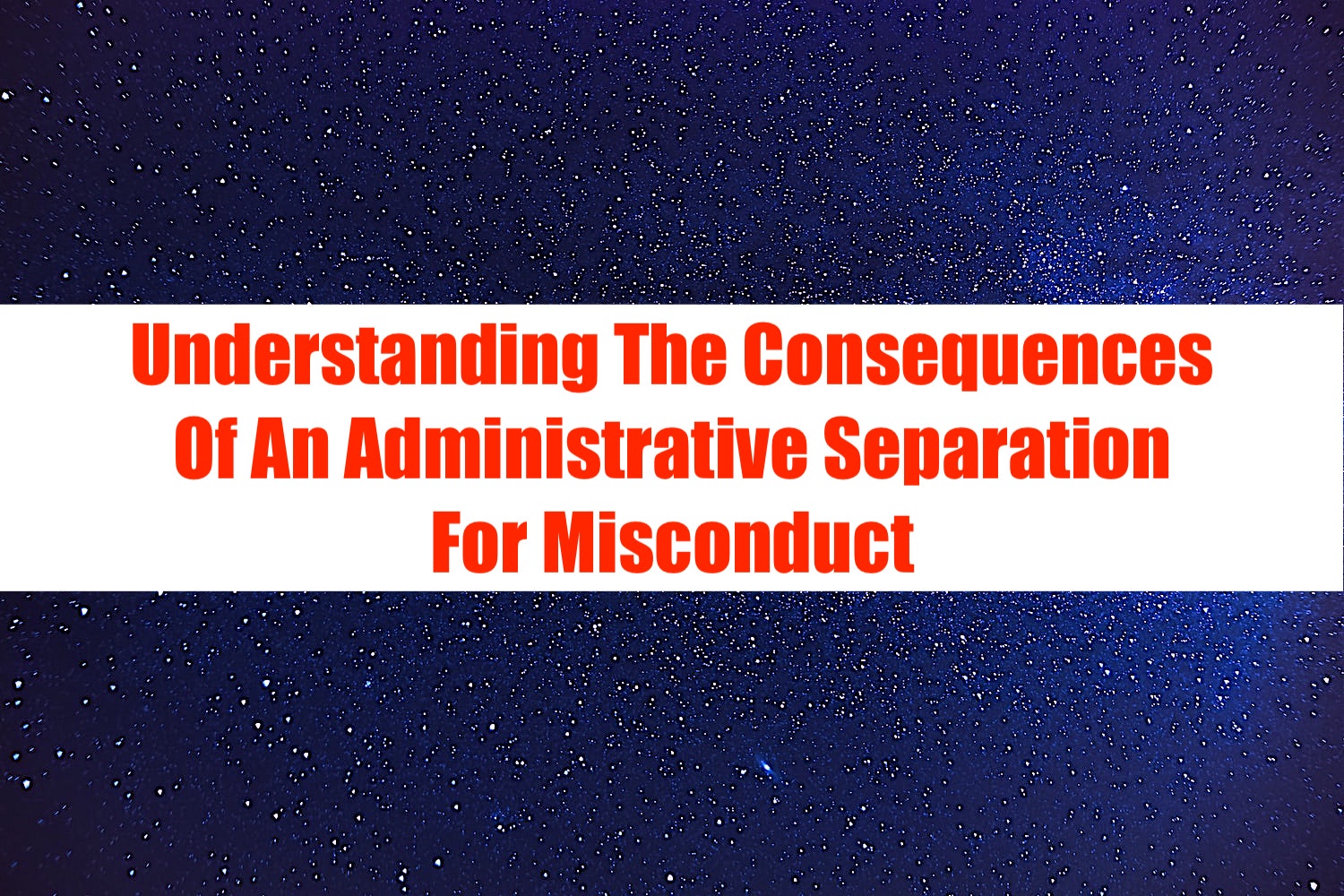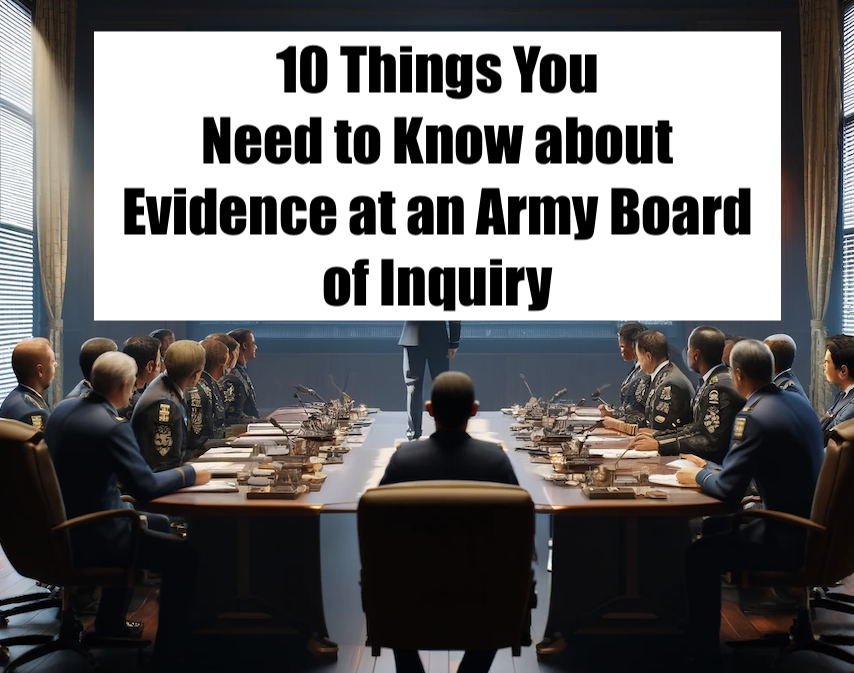Today we’re sharing some information that may be helpful to you if you are currently under investigation or facing accusations for military law enforcement or an administrative investigation
As a disclaimer, every case is different, and if you want real legal advice, this is not it. This is simply good information to have. And I would encourage anyone who is in that situation to contact our firm for a free consult. But generally speaking, one thing I tell every new client when we start working together is there are three basic places where you can safely talk about the matter under investigation and only three. The first one of those is an attorney client relationship setting. So with somebody like me or a detailed defense counsel.
So if Navy we’re talking DSO, Navy Marine Corps, we’re talking the defense service office, DSO, Air Force, we’re talking the area defense counsel’s office or ADC. And for the Army we’re talking about the trial defense service or TDS office. These are the only attorneys whose dedicated function is to represent individual service members against accusations or adverse action or prosecution by their service. And so when you speak to them on a consult basis, if you go in to get what we call suspect rights advice. Or if you already are represented, that’s a safe space where you can share information and it’s protected by attorney client privilege.
Likewise, if you contact a law firm and you’d want to do an initial consult like we do free consults for individuals that’s protected even though it’s an unpaid limited interaction for the duration of that call, we’re engaged in attorney client relationship and that’s protected afterwards as well. Finally if you’re dealing with a unique situation where you may be having another attorney specially detailed, who’s not a full-time TDS or DSO member through what we call the IMC process or individual military counsel. And that attorney represents you, then those same protections apply. So the first category is talking about taking care of somebody, a lawyer who’s there to take care of you. The second category you can deal with is when you have care being given by a licensed psychotherapist or counselor. So that’s what we call the psychotherapist patient privilege. In other words, if you’re getting some behavioral healthcare, and we strongly encourage everybody to do so.
In my mind, behavioral healthcare is a lot like dental care. It’s something you should always be checking up on to make sure everything is okay in the course of a treatment session. In other words, that closed door session where it’s just you and the provider, that is a protected communication and it’s privileged and it is someplace it’s safe for you to talk about the details of your circumstance. Not in the lobby, not to the person making scheduling, not in the hallway, but when you’re in that session, it’s protected. Finally, the last category is for a faith provider. So there is a pastor or reverend or if there’s a faith provider of some type or if you’re in dealing with the services, you’re talking about a chaplain. And that can be any faith. It doesn’t have to be your faith necessarily.
When I was in the military police corps my battalion had a Jewish rabbi who is our designated chaplain. And even though I’m not of Jewish faith, I could have confidential communications with him as a matter of faith, and it was protected. But, and a key important thing to remember is if you’re going to speak about something with a military chaplain and you want it to be privileged, you need to tell that chaplain, I would like to have a conversation about a matter of faith in a confidential setting that’s you and the chaplain one-on-one, a chaplain’s assistant could potentially be present, but we recommend against it. It should be you and the chaplain in a setting where it’s clear that you’re talking about a matter of faith, and those are sort of the important keywords. Anything else besides these three categories? And you get into much shakier ground about protecting that discussion. So if there’s somebody you must speak to about something that you’re under an investigation for or been accused of, I’m talking about the facts of it, the incident itself, those are the three places where you can safely speak.
Thanks for tuning in. We’ll help you give you some good advice if you give us a call.
Contact the Law Office of Jocelyn C. Stewart at 253-212-958
You Might Also Like These Articles




